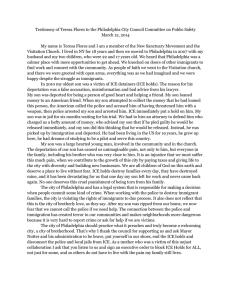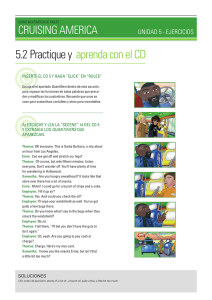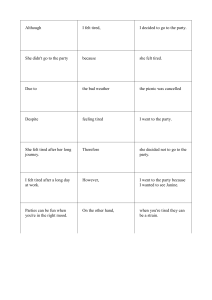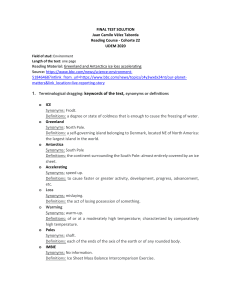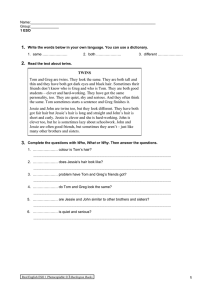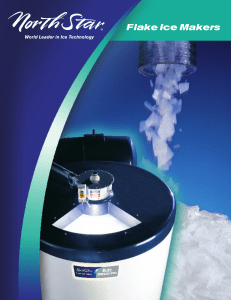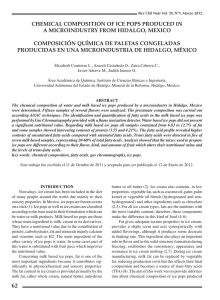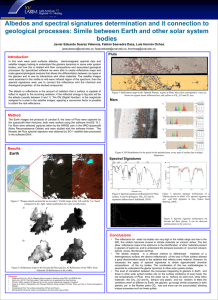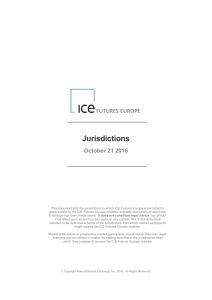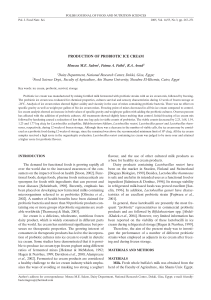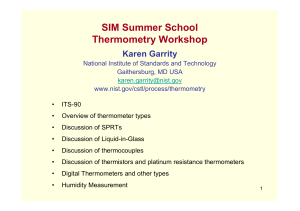Plantilla inglés modelo B (31 Kbytes pdf)
Anuncio
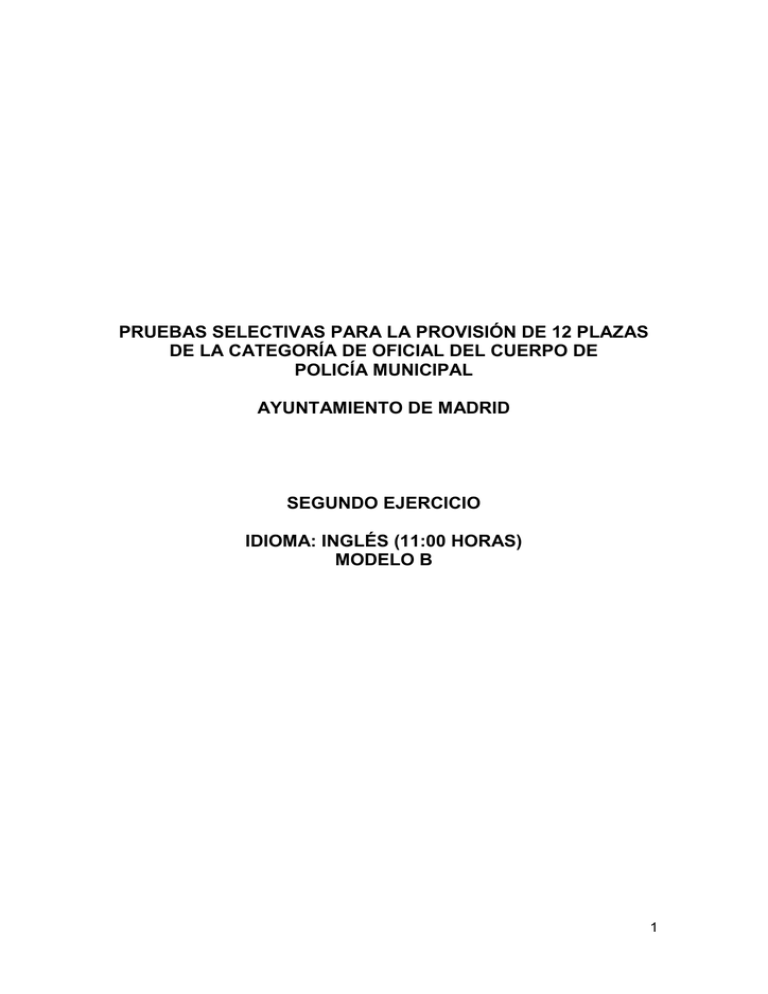
PRUEBAS SELECTIVAS PARA LA PROVISIÓN DE 12 PLAZAS DE LA CATEGORÍA DE OFICIAL DEL CUERPO DE POLICÍA MUNICIPAL AYUNTAMIENTO DE MADRID SEGUNDO EJERCICIO IDIOMA: INGLÉS (11:00 HORAS) MODELO B 1 PRUEBA DE IDIOMA PARA ACCESO A LA CATEGORÍA DE OFICIALES DEL CUERPO DE POLICÍA MUNICIPAL DEL AYUNTAMIENTO DE MADRID TEST – MODELO B 1. Pareces cansado, debe haber sido un día duro en el trabajo. a) You look tired, it must have been a hard day at work. b) You are tired, it might have been a hard day in your job. c) You work long hours, it makes you look tired. 2. En treinta años, la gente habrá dejado de leer libros en papel. a) People will read no paper books in the next thirty years. b) In thirty years’ time, people will have stopped reading paper books. c) Paper books will not be read in the next thirty years. 3. Una persona eficiente necesita poco tiempo para hacer las cosas. a) A person who is efficient doesn’t need a little time to make things. b) A person efficient needs a little time to do things. c) An efficient person needs little time to do things. 4. Si no hubieras llegado tan tarde, habríamos visto el principio de la película. a) If you didn’t arrive that late, we would see the beginning of the film. b) If you hadn’t arrived so late, we would have seen the beginning of the movie. c) If you arrived earlier, we would see the first minutes of the film. 5. Lo siento, pero no le conozco y no contestaré a su pregunta. a) Excuse me, but I don’t recognize you and I don’t answer your question. b) I’m sorry for not knowing you, and I won’t answer your question. c) I’m sorry, but I don’t know you and I won’t answer your question. 2 6. ¿Qué harías si te quedaras sin gasolina? a) What would you do if you ran out of gasoline? b) What will you do if you run off gasoline? c) What would you make with no gasoline? 7. No me pararé a menos que me quede sin fuerzas. a) I won’t stop until I’m out of energy. b) I won’t stop unless I get exhausted. c) I will stop only when I’m not really tired. 8. Nos están instalando la nueva cocina. ¿Puedo comer en tu casa hoy? a) We’re having a new kitchen installed. Can I have lunch at your house today? b) We’re installing a new kitchen. Can I have dinner at your place today? c) We had our kitchen installed. Can I have supper at your place today? 9. ¿Cuánto llevas dejándote la barba? a) Since when did you grow a beard? b) How long have you been growing your beard? c) How long have you been having your beard? 10. Nos dimos cuenta de que habíamos trabajado en la misma empresa, lo cual es una coincidencia asombrosa. a) We noticed we worked in the same company, that was an outstanding coincidence. b) We realized we had worked for the same company, which was an amazing coincidence. c) We realized we had been employed in the same company, that was an amazing coincidence. 3 11. Lo que de verdad me apetece hacer los fines de semana es levantarme tarde. a) Which I really like doing at the weekend is staying in bed. b) The thing that I really do at the weekend is sleeping a lot. c) What I really fancy doing at weekends is having a lie-in. 12. El portavoz explicó que la situación estaba controlada. a) The spokesperson explained that the situation was under control. b) The person speaking told about the controlled situation. c) The spokesperson explained the controlled situation. 13. ¡Nunca me habían acusado de hacer algo así! a) I hadn’t never been accused to do such a thing! b) They have never accused me of doing this! c) I had never been accused of doing such a thing! 14. Se disculpó por no haber podido venir a la fiesta. a) He was sorry for not having to come to the party. b) He apologized for not having been able to come to the party. c) He admitted being sad because he missed the party. 15. No tengo dinero. ¿Me prestas algo para un café? a) I have no money. Can you lend me some for a coffee? b) I don’t have no money. Could I have some coffee? c) I have any money. Can you lend me some to buy a coffee? 4 16. No me importa conducir, pero no soporto viajar en moto. a) I don’t mind to drive, but travelling by motorbike is unbearable to me. b) I don’t mind driving, but I can’t stand travelling by motorbike. c) I don’t like driving, but I can’t think of travel by motorbike. 17. Para mí, el mejor destino de vacaciones es la playa, aunque a veces haya demasiada gente. a) To me, the most holiday destination is the beach, despite there are too many people sometimes. b) For me, the best holiday destination is the beach, even though sometimes there are too many people. c) I believe the best place to go on holidays is beach, in spite of the many people. 18. Nos han pedido información detallada acerca de este asunto. a) They want detailed subject information. b) We have been requested detailed information on this subject. c) We requested detailed information on this subject. 19. No estoy acostumbrado a hacer deporte, por eso me canso tan fácilmente. a) I’m not accustomed to making sport, that’s why I get easily tired. b) I’m not into sports, that’s because I get tired easily. c) I’m not used to doing sports, that’s why I get tired so easily. 20. Cuando llegó al bar, el partido ya había empezado y había muy buen ambiente. a) When he arrived at the bar, the game had already started and there was a great atmosphere. b) When he arrived at the bar, the game started and the atmosphere was great. c) When he went into the bar, the game had started and the atmosphere had been great. 5 COMPRENSIÓN DE LECTURA How Ecuador's last iceman perpetuates an ancient craft. It takes Baltazar Ushca five hours to walk to the ice mine on Mount Chimborazo, the highest mountain in Ecuador, that has fed him and his family for generations. The path is steep, and both wind and sunshine are strong at 4,500m (14,700ft). At 68, he appears visibly tired as he picks the ice and shapes it into blocks he can transport down to Riobamba, the nearest city, by mule. Ushca's weather-beaten face reflects years of exposure to the wind and sun. He has never worn sunglasses to protect his eyes from the reflected glare of the sun on the snow. Ushca is Ecuador's last hielero, or iceman, a craft passed on from father to son for centuries. He has made the trip to the ice mine at Mount Chimborazo at least once a week since he was 15. Before fridges, natural ice was used to refrigerate food. Nowadays, ice from Mount Chimborazo is used to make traditional fruit juices or ice creams - people claim it has natural healing properties. All the other hieleros have passed away or found easier and better-paying jobs. But Ushca's attachment to his trade has served him well. His reputation as the "last iceman" has brought him fame and dozens of international film crews have followed him up Mount Chimborazo. He recently flew to New York City for the premiere of one of the many documentaries that have been made about him. Locally, he is also renowned. At La Merced market where he sells the ice, people of all ages ask to have their photos taken with him. He has brushed shoulders with Ecuador's President Rafael Correa and other politicians, who have hailed his work as part of the country's cultural heritage. Ushca dismisses the story, put about by some in his community, that he has become rich. He says he is happy to work on the mountain, which indigenous people regard as sacred. "I am happy when I walk. Father Chimborazo looks after me," he says in broken Spanish. He is more at ease in Quechua, the most widely spoken indigenous language in the Andes. Nowadays it is only Juan, his son-in-law, who keeps him company. The two leave their community of Cuatro Esquinas everyday around 07:00 and reach the ice mine, called Los Hieleros, around midday. These days, there seems to be a different option for Ushca - an option of which his son-in-law, Juan, is very aware. Juan charges foreigners $60 (€55) a day for an excursion to the ice mine. He believes he could charge more to see a real iceman in action, and he hopes he can take over his father-in-law's job when he retires. "Hopefully this tradition will continue," he says. Juan might be right. While modern technology has made some trades obsolete, turning the iceman into a tourist attraction might help this ancient tradition survive. Adapted from http://www.bbc.com/news/magazine-18161337 6 21. What did Mr Ushca’s ancestors do? a) They worked as icemen. b) They worked in well-paid jobs. c) They made traditional fruit juices. 22. How has his life changed recently? a) He has found a new well-paid job. b) He is flying to foreign cities regularly. c) He has become a popular person in the media. 23. What is Mr Ushca’s relationship with some politicians? a) They believe he has made a lot of money. b) They think he is an important part of the nation’s culture. c) They believe he is an example for the country. 24. How many languages can Mr Ushca speak? a) Two. b) Three. c) One. 25. What is the future of ice mining in Chimborazo? a) Nobody is interested in ice mining. b) It will probably turn into a tourist attraction. c) Icemen will be paid more for the ice they collect. 7
